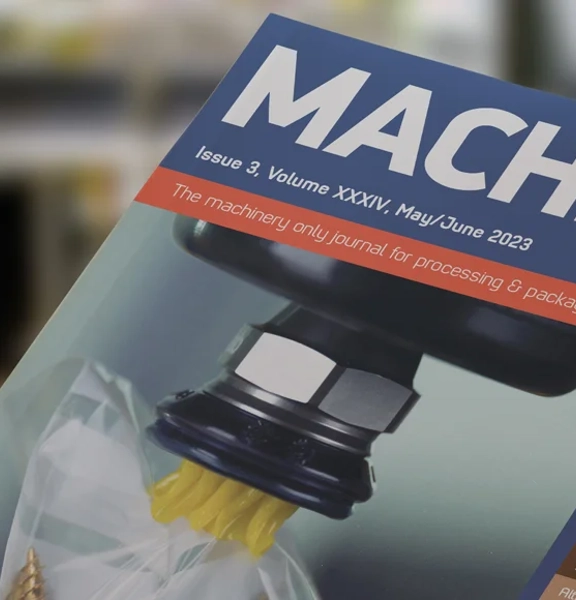Become a member
Take advantage of exclusive member benefits, world class events, networking and specialist support








 Become a member
Become a member 

10 November 2023
Although recent reports show the manufacturing outlook looks positive, grants and tax credits can be a great way to overcome investment barriers, according to Sandy Findlay, partnership director at consulting group Visiativ UK*. Here, he outlines his thinking.
The recently released Make UK’s Q1 manufacturing outlook shows a positive outlook among UK manufacturers. They are confident and intend to invest more, leading to increased order books and output. While these are all encouraging signs, there are still concerns regarding the ongoing gap between order book growth and output. If delivery times increase and orders remain unfulfilled, it may affect the appeal of UK manufacturing. Additionally, the current shortage of skilled staff available to fill manufacturing roles worsens this threat.
There is an obvious need for UK manufacturers to invest in and embrace automation. This will help reduce dependence on unavailable staff and enhance productivity and output, allowing them to take full advantage of the growing order books mentioned in the Make UK report. Automation and digitisation projects can be expensive, but the payback can be almost immediate. The upfront investment can be a barrier, especially considering the current need for careful cash management. So, how can management teams find support to minimise the funding needed for new plant acquisitions?
The most obvious form of support is grant funding. In addition to offering a wide range of grants, Innovate UK’s Made Smarter offers free expert advice to identify suitable projects and provides financial assistance for implementation. It's essential for management teams considering significant technology investments to keep an eye on Innovate UK's grant competition page and up to date with current grant offerings. However, Innovate UK is not the only source of grant support. Local authorities also have funds that can be accessed, especially for projects that generate new jobs or protect existing ones.
An important element of any project looking to implement new machinery is overcoming the challenges involved in integrating new technology into existing process and manufacturing lines. If there are no apparent solutions to these technical challenges, some project costs may qualify for R&D tax relief. Loss-making SMEs can receive a cash credit of up to 27p/£1 spent on eligible work, while profitable SMEs can still receive tax relief of 21.5% on all eligible expenses. Companies claiming RDEC can benefit from a net 15% return on eligible spending.
Another tax relief which many companies are failing to fully exploit is Capital Allowances. The 130% super-enhancement ended in March, but there's still an opportunity for companies to claim relief on 130% of capital investments made between 1 April 2021 and 31 March 2023 if they haven’t already done so. Starting from 1 April 2023 until 21 March 2026, the government introduced full first-year expensing for general pool plant and machinery. You can now claim relief on 100% of the investment in plant and machinery in the year of purchase. This allowance is in addition to the £1.0 million Annual Investment Allowance.
*Visiativ UK is a consulting group helping clients accelerate their innovation activity by identifying and securing appropriate forms of innovation funding. If you would like to find out more about how to fund your innovation activity contact sandy.findlay@visiativ.co.uk.